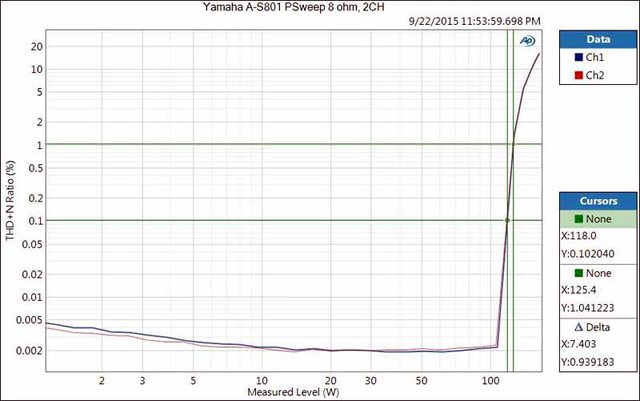I think someone mentioned transistors available today being better, possibly true if we're looking back at the late '60s and early '70s but as always- it depends. The transistors pictured below are from ~'79-'80 and all 12 are in the amp pictured in my avatar. There are only a few modern transistors that I believe can equal their performance but you will probably not see them in any typical or even above average consumer gear (and definitely not an AVR).
Sanken 2SA1068 & 2SC2493 (look up the specs)

As for AVRs, I have a pristine (barely used and never driven hard) Denon AVR-3803 I purchased new in the early 2000's and when I needed HDMI I considered getting a newer unit for my HT and using the 3803 to power my SDA-SRS2s that I was going to put back into rotation downstairs. Instead I decided to purchase an HDMI converter for the 3803 and an integrated amp for the SDA SRS2.
I think the new Denon AVR I was looking at was definitely going to be a huge step down in build quality and performance when compared to the 3803 so I decided against it. In all fairness, I am NOT a big HT buff so the HDMI converter gave me what I needed.
I ended up getting a Yamaha A-S801. While not a 'separate', it's a decent unit. Of course, I didn't pay retail for it either (yes integrateds are discounted too). IMO, if you don't need the features of and AVR, don't get an AVR. Overall build quality and performance will suffer. There is no free lunch, plain and simple.
Take a look at the two equivalently retail priced units below (pay attention to the knee). You tell me which is a better value for long term 2 channel listening. With real music, the integrated will handle a larger variety of speakers well and in many cases (depending on the content and SPL) sound better doing so (and I'm not even showing you pictures of the internals of the AVR).
Denon AVR-X3300 (rated @ 105 watts)
 Yamaha A-S801 (rated @ 100 watts)
Yamaha A-S801 (rated @ 100 watts)
